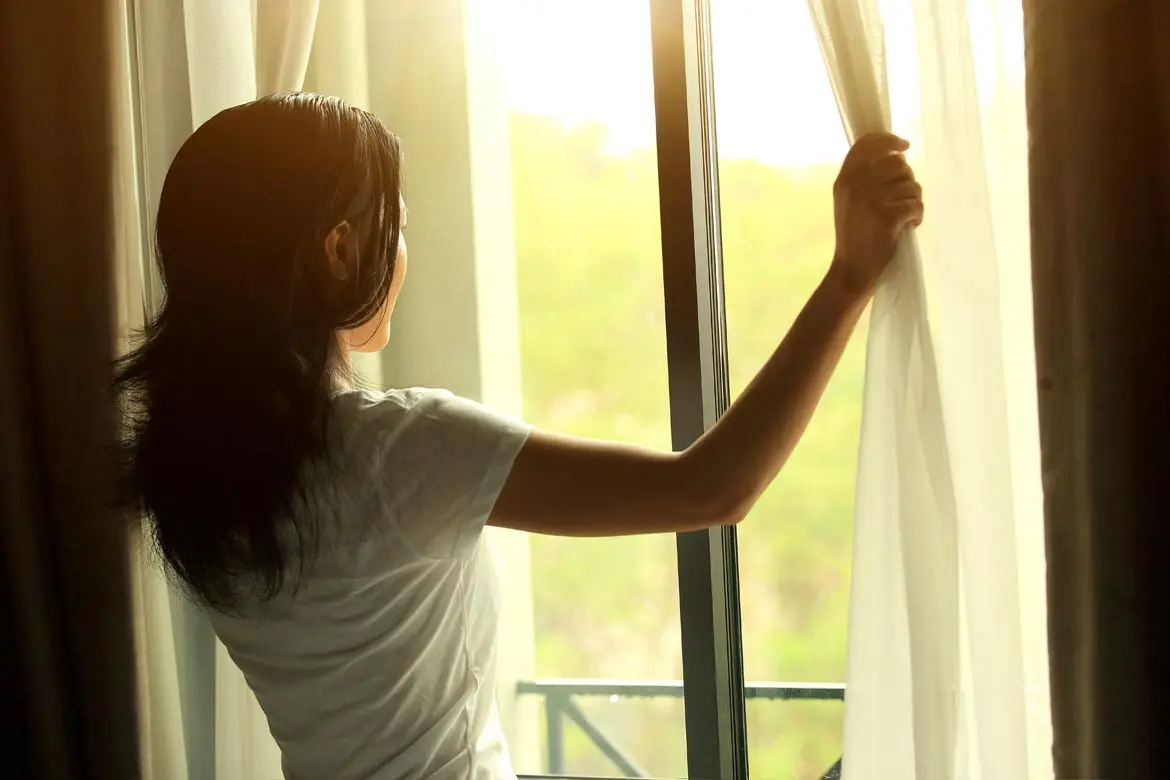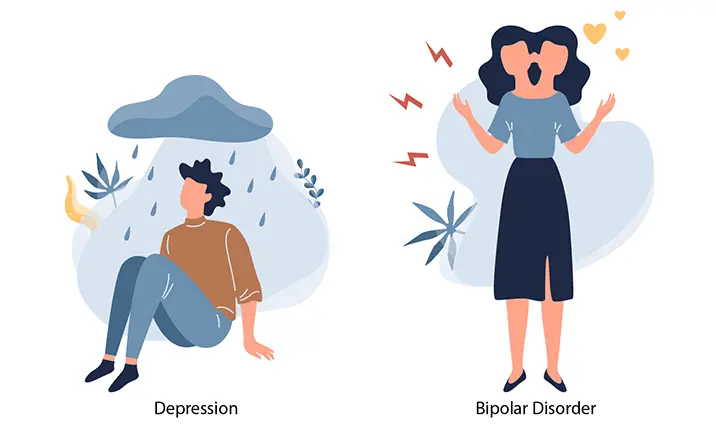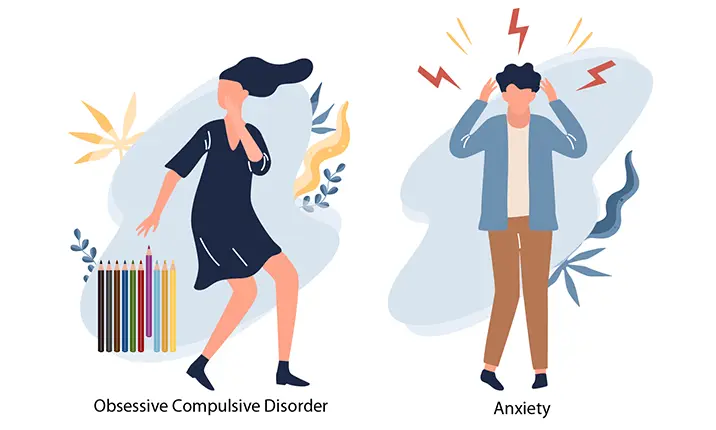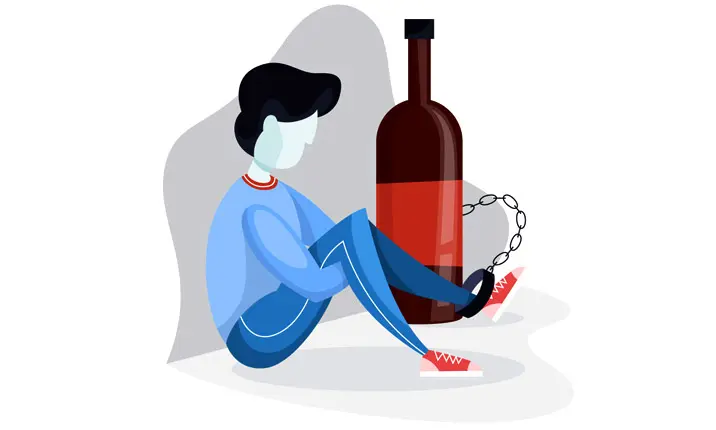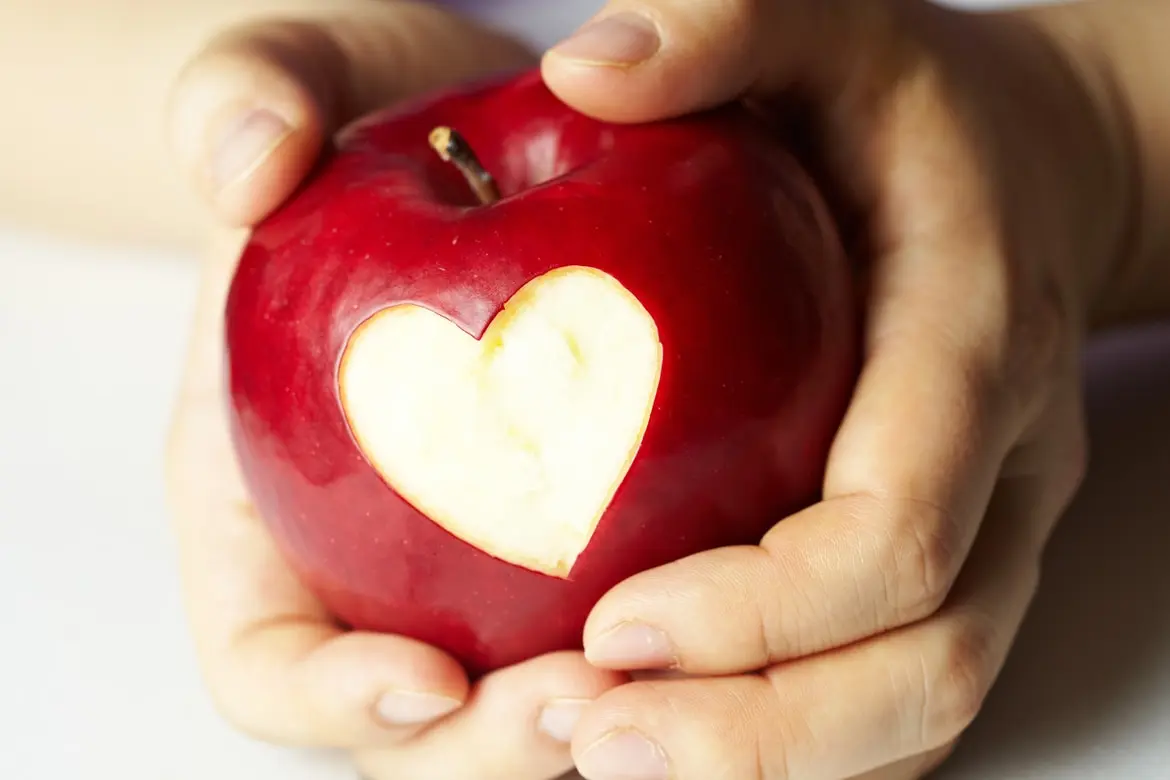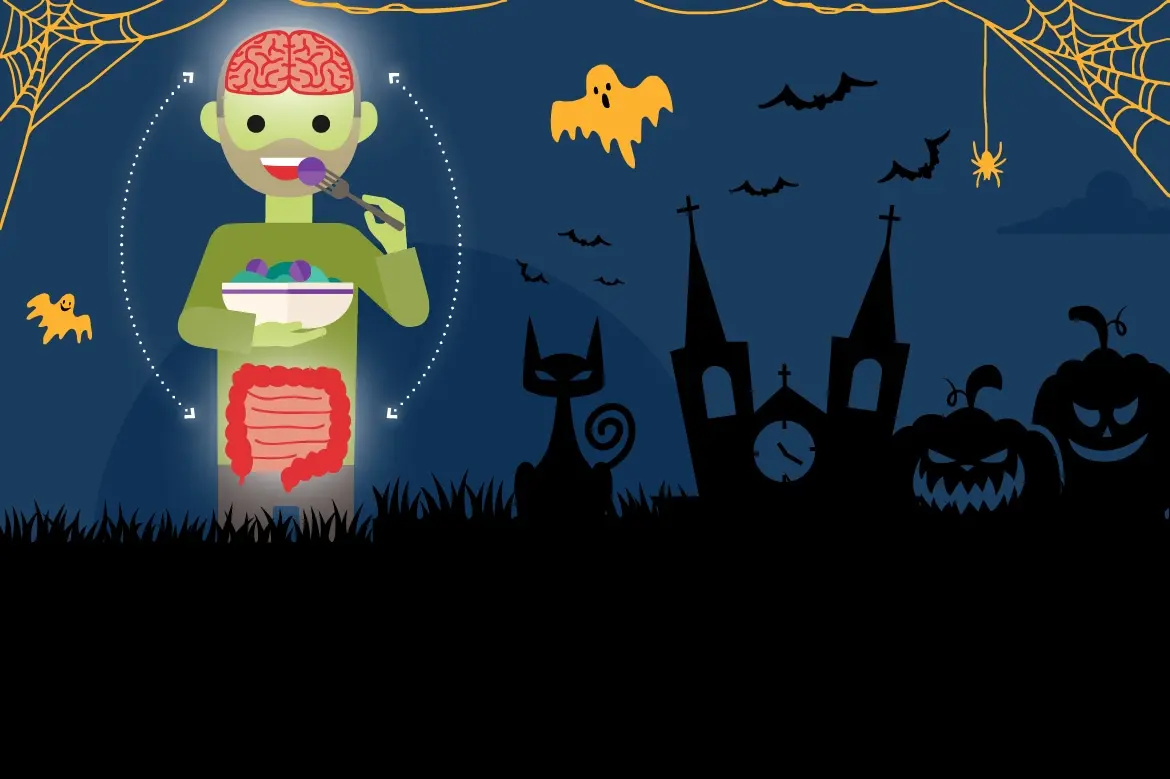As the COVID-19 pandemic continues to unfold, various restrictions have been implemented, and many have had to adapt to changes in their daily routines and activities. During these times, mental health professionals anticipate that levels of loneliness, depression, alcohol abuse, drug use, and self-harm or suicidal behaviour are likely to rise.
Dr Ang Peng Chye, psychiatrist at Mount Elizabeth Hospitals, shares some of the common mental disorders, the symptoms associated with them, and self-care strategies to help cope with stress and anxiety.
Common Health Disorders in Singapore
The second Singapore Mental Health Study (SMHS) which was initiated in 2016 revealed that 1 in 7 people in Singapore has suffered from a mental health disorder in their lifetime. The study identified Major Depressive Disorder (MDD), Alcohol Abuse, and Obsessive Compulsive Disorder (OCD) as the 3 most common mental illnesses in Singapore. It also revealed that 1 in 16 Singaporeans is affected by MDD, 1 in 28 is affected by OCD, and 1 in 24 is affected by Alcohol Abuse.
These mental health disorders are actually part of 3 larger categories:
1. Mood Disorders
Mood disorders are also known as affective disorders. These involve persistent feelings of sadness or periods of being overly happy, or fluctuations from feeling extremely happy to feeling extremely sad. The most common mood disorders are:
- Major Depressive Disorder – Also known as clinical depression, MDD causes extreme feelings of sadness and hopelessness lasting at least 2 weeks. Those suffering from MDD may become so unhappy with their lives that they may consider or attempt suicide.
- Bipolar Disorder – Bipolar disorder is characterised by episodes of energetic, manic highs and extreme or depressive lows. These mood swings are often more extreme than the typical ups and down that most people experience. They also affect a person's energy levels and ability to think correctly.
2. Anxiety Disorders
Those suffering from anxiety disorders respond to certain objects or situations with fear and dread. These feelings may be accompanied by physical signs of anxiety and panic, such as increased heart rate and sweating. These disorders are often characterised by a person's inability to respond appropriately to a situation, their inability to control their response, or if their anxiety interferes with normal functioning. The most common anxiety disorders are:
- Obsessive Compulsive Disorder – OCD causes constant and uncontrollable repetitive thoughts, obsessions, or behaviours (compulsions). Many people with OCD realise their thoughts and actions are unreasonable, but are unable to stop or control them.
- Generalised Anxiety Disorder (GAD) – GAD causes a person to become extremely worried about many things, even though there is little to no reason to worry. Those suffering from GAD may feel irrationally worried on a daily basis and have a more negative outlook in life.
3. Alcohol Use Disorder
Alcohol use disorder, or alcoholism, is a pattern of alcohol use that is characterised by the inability to control drinking habits, being preoccupied with alcohol, continued alcohol consumption even when it causes problems, or having withdrawal symptoms when there's an attempt to stop drinking. Simply put, alcoholism is a severe addiction to drinking alcohol.
Tips for maintaining your mental and physical well-being
With the recent safety measures implemented due to COVID-19, it may be difficult to cope with the mental stress of some of the changes. Here are some self-care strategies you can adopt at home that can benefit your mental and physical health:
While it's good to remain up-to-date about the COVID-19 outbreak, too much exposure can be upsetting. Take breaks from watching, reading, or listening to the news, even on social media. Reducing screen time can be helpful for your mental well-being.
Take care of your body by regularly exercising at home, eating a well-balanced diet, and getting enough sleep. Avoid tobacco, alcohol, and drugs that were not prescribed to you by a doctor.
Make time to unwind and participate in activities that you enjoy. You might want to pick up a new hobby or learn a skill in your free time to get your mind off what's happening.
Make a conscious effort to connect with others. Talk with people you trust about your concerns and how you are feeling, be it via text, email, phone, or video call. Even if we need to physically distance ourselves from one another, there's no need for social isolation.
If you know anyone who suffers from mental health disorders, show them you support them by letting them know that they can talk to you about how they're feeling or what they're struggling with.
How to cope if you have an existing mental health disorder
If you have been previously diagnosed with a mental health disorder, here are a few ways to take care of yourself during this pandemic:
Continue any medication prescribed by your doctor to help manage your mental disorder.
Contact a close friend or a loved one if you need an outlet to express your feelings, even if it may be difficult.
If you are part of a religious group or community, you may contact a minister or spiritual leader for guidance when you start experiencing negative feelings.
If you find that your mental health disorder seems to be worsening and you're experiencing increasing levels of anxiety or depression, schedule an appointment immediately with your primary care provider or a mental health professional via phone, video, or online.
In the event that your primary care provider is unavailable, you may also contact one of the mental health disorder organisations below:
- Mental Health Helpline (Institute of Mental Health) – 6389 2222
- All Addictions Helpline (Institute of Mental Health) – 6732 6837
- Singapore Association for Mental Health – 1800 283 7019
- Alcoholics Anonymous – 6475 0890
- Samaritans of Singapore – 1800 221 4444
